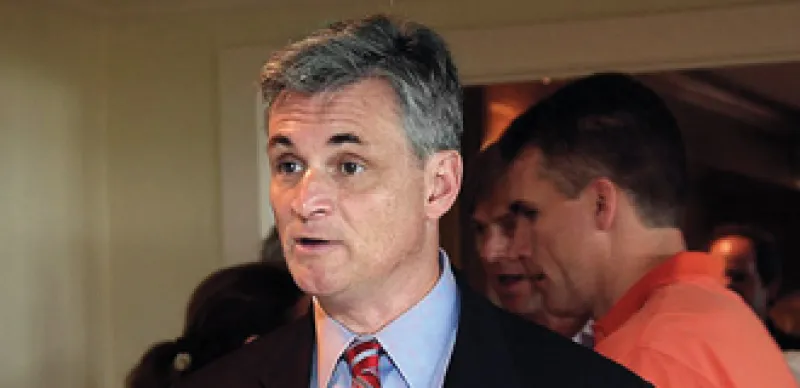Robert Andrews, the Democratic chairman of the House Budget subcommittee on health, employment, labor and pensions, contends that institutional investors ought to be able to do good at the same time as they do well, and that ERISA should support such enlightened self-interest.
Specifically, the omnibus U.S. pension law should provide a legal “safe harbor” for investors that weigh companies’ environmental, social responsibility and corporate governance policies (ESG in shorthand) when picking stocks. This would eliminate their concern that they might be held liable for violating their fiduciary duty by placing clients’ money in “socially responsible” investments, which have a reputation for lagging the market.
Andrews would like ERISA to permit — but not force — institutional investors to take account of ESG factors. His staff is investigating whether ERISA already implicitly includes a safe harbor. If not, a rule change might be necessary.
An assured safe harbor would come as a godsend to many investors, and not just those with an altruistic streak. A growing number of endowments, pension plans and sovereign wealth funds are starting to conclude that thinking hard about ESG factors is more in keeping with their fiduciary responsibilities than ignoring them, as many did in the past.
There is a powerful confluence of events behind this newfound enlightenment: The crash has raised pointed questions about the long-term sustainability of returns through traditional investing; the BP oil spill has dramatized the potential impact of environmental issues; and the prospect of changing economic patterns and demographic trends worldwide has brought labor relations and human rights issues to the fore.
“It isn’t consistent to have a long-duration time frame and not focus on sustainability factors,” asserts Orin Kramer, chairman of the New Jersey State Investment Council, which oversees a $67 billion pension system. “I agree with Congressman Andrews that it ought to be explicitly permissible to take account of factors that affect the quality of civilization.”
Kramer helped organize the first annual RFK Compass Conference, at the Kennedy Compound in Hyannis Port, Massachusetts, in July to explore how fiduciary responsibility might be expanded to accommodate ESG considerations. Among the roughly 150 attendees were fiduciaries representing more than $1 trillion, along with assorted notables, including former secretary of State Madeleine Albright, former Goldman Sachs Asset Management CEO David Blood and former World Bank chairman James Wolfensohn.
Kerry Kennedy, president of the conference sponsor, the Robert F. Kennedy Center for Justice & Human Rights, says, “The RFK Center is in a unique position to bring together people with divergent views.”
One divergent view that may be worth noting is that ESG-attuned investments do not necessarily have to lag: Goldman, Sachs & Co.’s three-year-old GS Sustain index of sustainability-vetted stocks around the globe cumulatively outperformed the MSCI world index by 17.5 percentage points from June 22, 2007, through May 2010.






